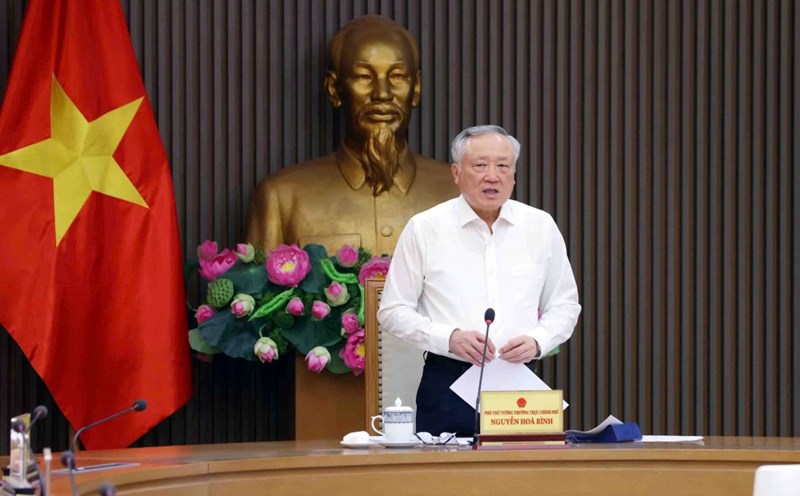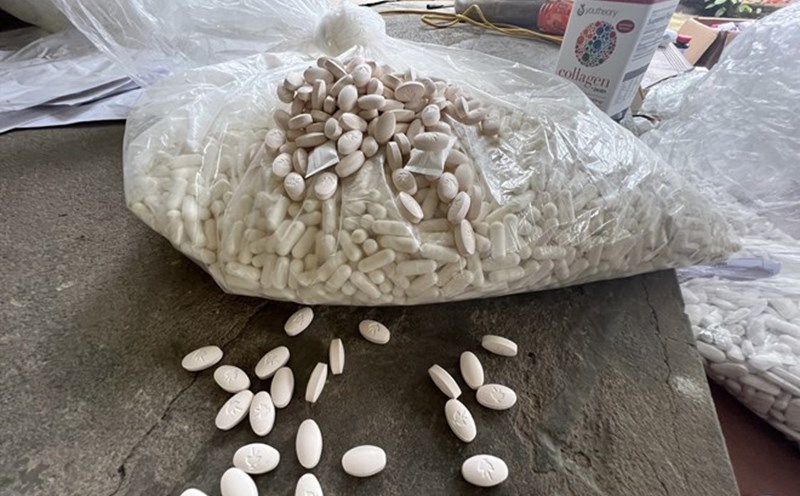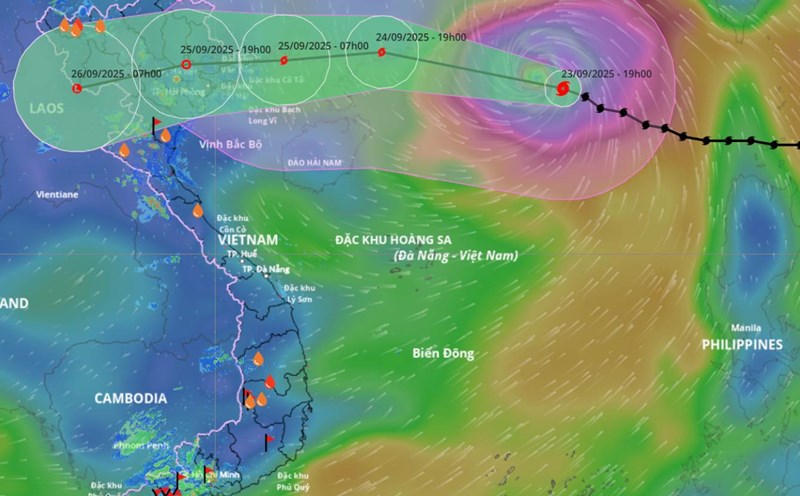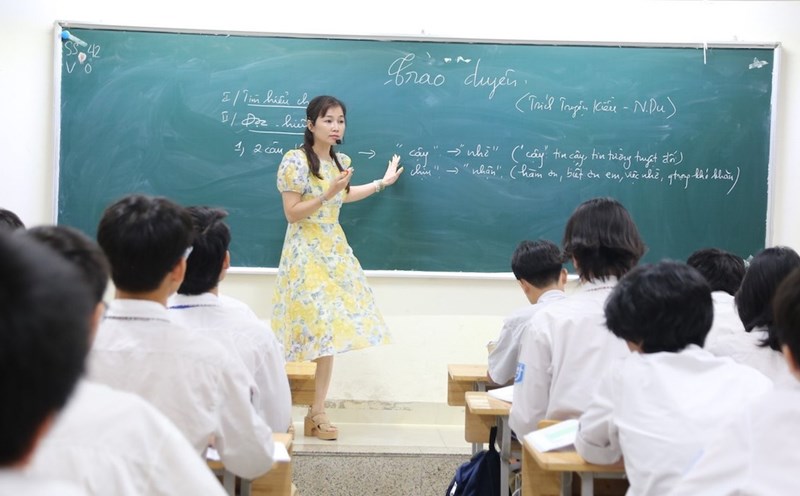On the afternoon of September 23, at the Government Headquarters, Deputy Prime Minister Le Thanh Long chaired a meeting of the Central Inter-sectoral Steering Committee on Food Safety (FS).
Colonel Than Van Hai - Director of the Department of Environmental Crime Prevention and Control (C06) - said that in the first 9 months of 2025, police units discovered and handled 4,752 violations of food safety laws, of which 44 cases were prosecuted with more than 200 defendants.
Administrative fines for violations were 4,411 cases (up 58.3% over the same period in 2024), the total administrative fines were over 32 billion VND (up 319% over the same period in 2024).
According to Colonel Than Van Hai, most cases with signs of fake food production and trading are detected through product appraisal and testing.
However, currently, the capacity to test drugs and pharmaceutical ingredients in our country is still limited, not meeting requirements.
The Ministry of Health needs to invest in improving the testing capacity of the Central Institute for Drug Testing and the National Institute for Food Safety and Hygiene Testing.
Thereby, ensuring that it gradually meets the requirements for testing all pharmaceuticals, banned substances, food product quality indicators for state management and combating the crime of producing and trading counterfeit food.
Concluding the meeting, Deputy Prime Minister Le Thanh Long stated that there are still many cases of food safety violations that cause social outrage, even need to be prosecuted; there are also officials in the advisory agency who violate.
In the coming time, the Deputy Prime Minister emphasized, "finding the most feasible solution in our current practical conditions".
The Deputy Prime Minister stated that it is necessary to proactively inspect, focus on surprise inspections and when discovered, handle them resolutely and strictly and if necessary, transfer them to the police for handling.
Regarding institutional improvement, the Ministry of Health focuses on completing legal documents, especially the draft Law on Food Safety (amended) and the Decree replacing Decree 15/2018/ND-CP and the Government's Resolution regulating the registration and announcement of food products.
When building a new mechanism, it is necessary to assess the impact and consider the pre-inspection - post-inspection, avoiding the emergence of unreasonable administrative procedures. Arbitration and data must be strict and convincing to report to the Government and handle issues related to international commitments.
Ministries and branches, according to their assigned functions and tasks, issue standards and regulations on food safety as a basis for comparison and disclosure to the monitoring society. Focus on building a specialized Food Safety Database.
It is necessary to increase the frequency of post-inspections of food safety, if problems are detected but cannot be handled, they should be transferred to agencies with stronger power, including inspection agencies and police.
Consistently allocate authority among competent authorities in food safety management. When decentralizing and delegating authority, it is necessary to calculate the transition time, human resources, and resources so that localities can implement.
Requesting to continue researching and proposing appropriate management models, the Deputy Prime Minister said that it is necessary to " decode" the issue of only one focal point for implementing food safety tasks.











